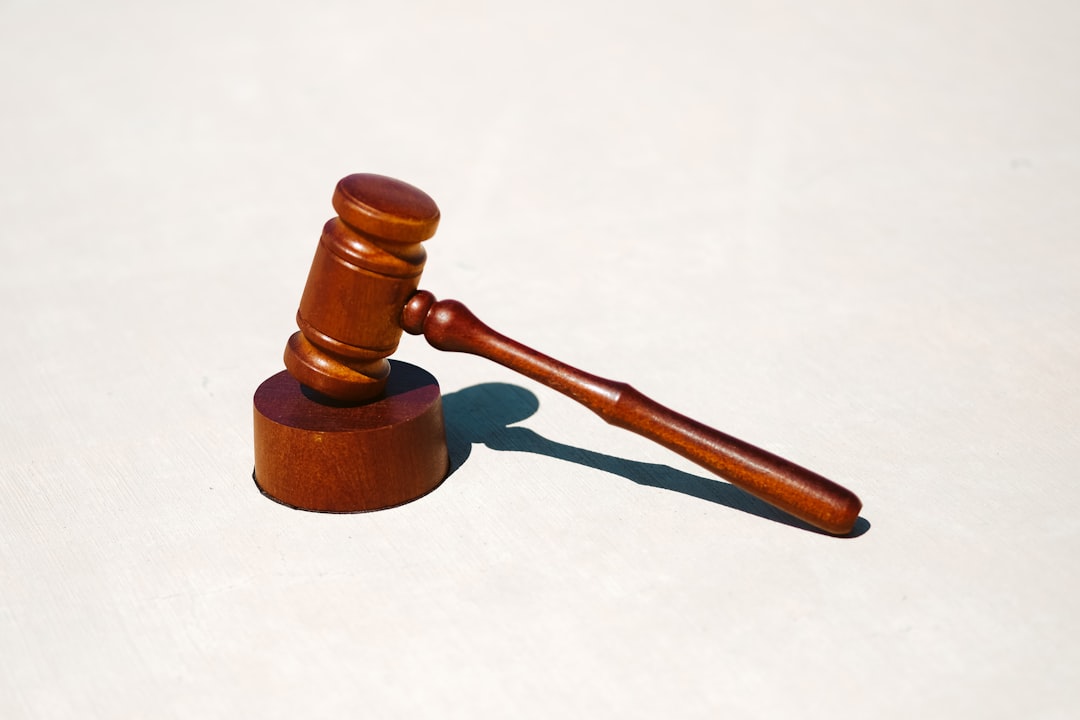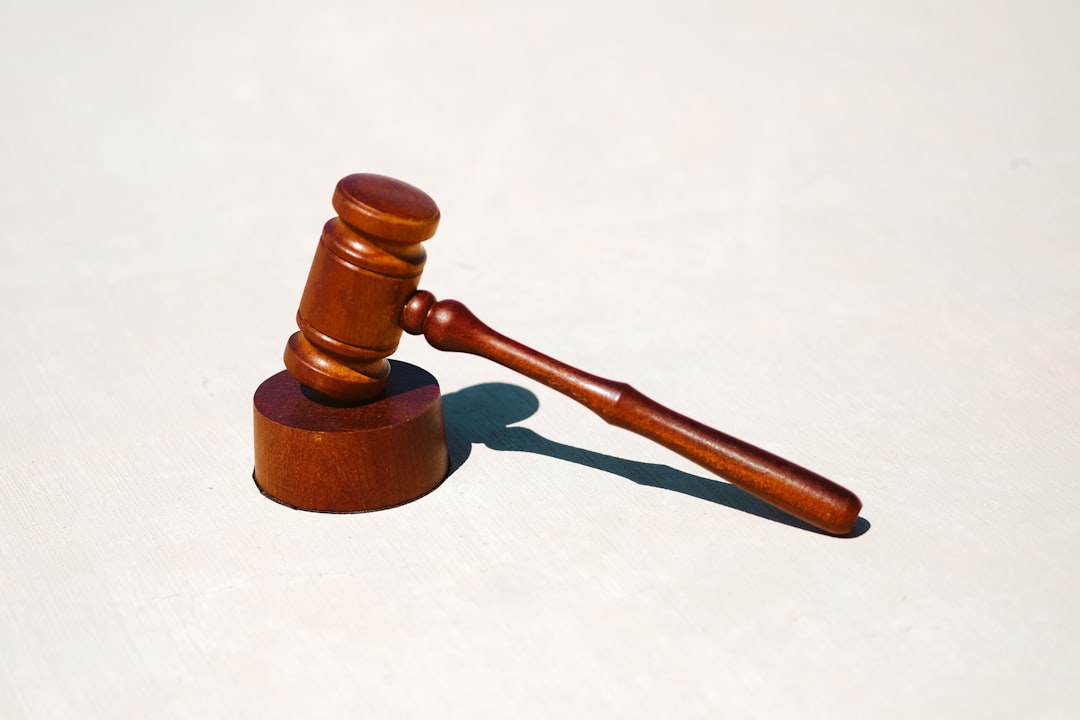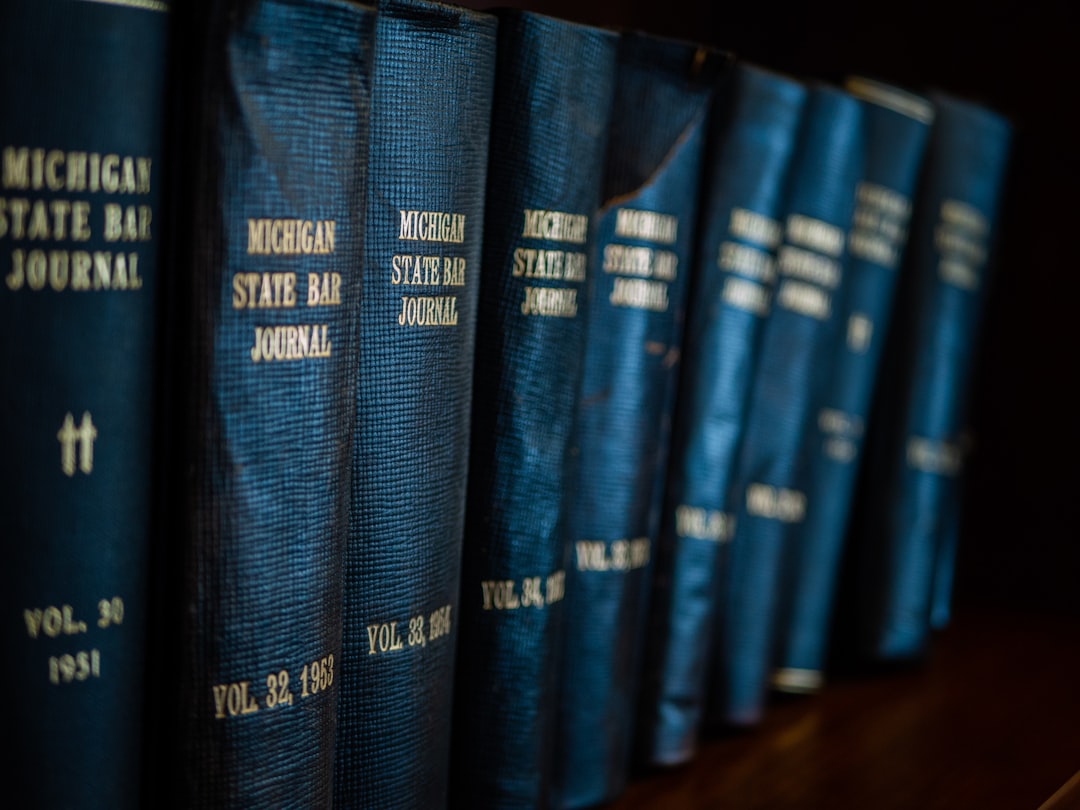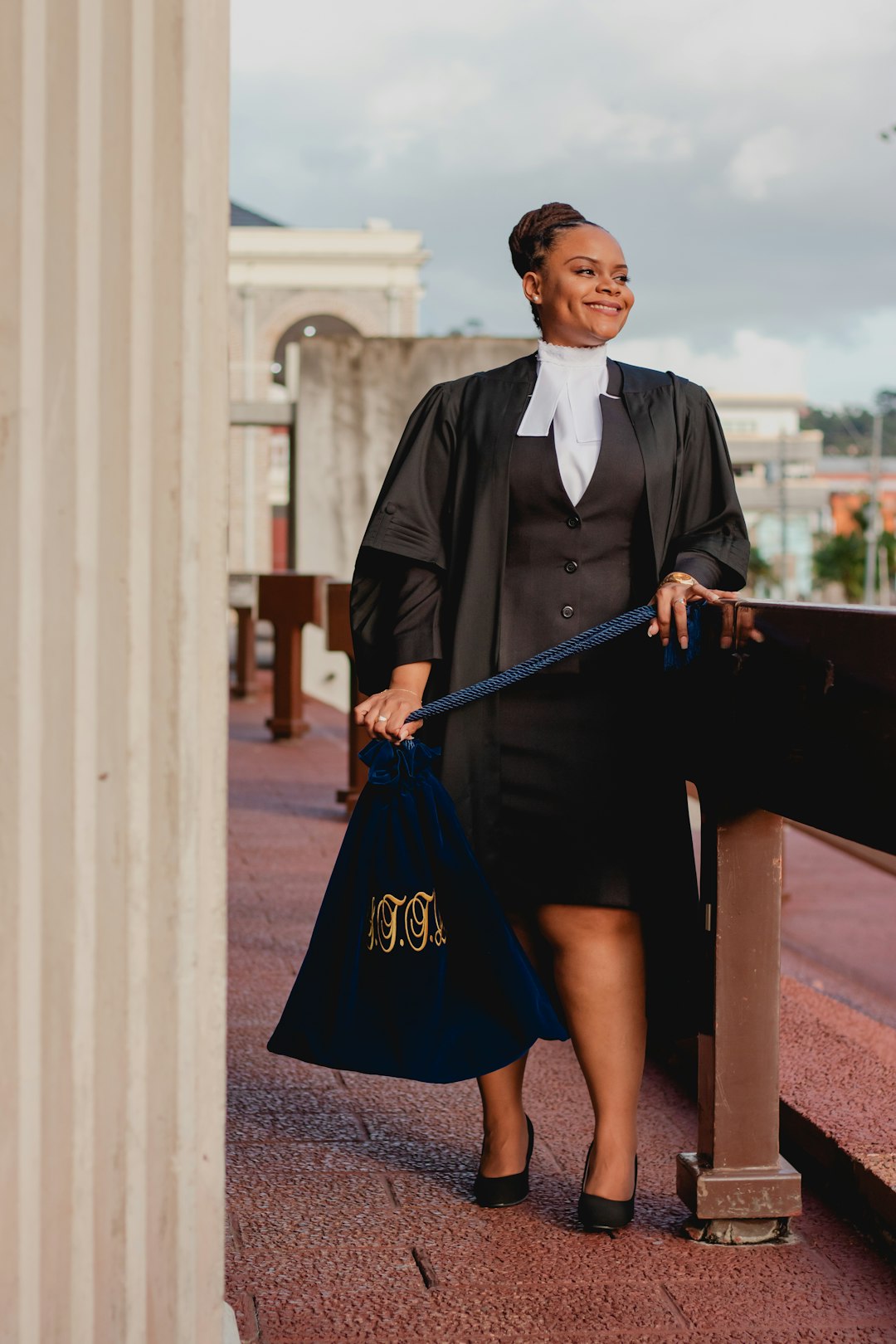Sexual misconduct within educational institutions poses a significant issue, affecting up to 1 in 5 students. A Cleveland OH school abuse lawyer highlights the need for a multi-faceted approach: proactive policies, support systems, and legal frameworks. Schools should implement clear reporting, training, and confidential support networks. Collaborating with law enforcement and legal professionals ensures thorough investigations and justice. Proactive strategies, policy implementation, and peer support foster safer environments. Victims require specialized counseling and legal protections. Key measures include clear complaint procedures, faculty training, and third-party investigations, empowering students to advocate for their rights.
Sexual misconduct allegations in schools have become a pressing concern, impacting students’ well-being and damaging the educational environment. The recent surge in public awareness demands effective accountability measures to protect young minds and ensure justice. This article delves into the critical issue of holding educational institutions responsible for addressing such accusations, especially in light of the trauma and long-lasting effects on victims. We explore legal strategies, focusing on the expertise of school abuse lawyers in Cleveland, OH, who have navigated these complex cases, offering insights into fostering a safer learning atmosphere.
Understanding the Scope: Sexual Misconduct in Schools

Sexual misconduct allegations within educational institutions have gained significant attention due to their profound impact on victims and the need for robust accountability measures. The scope of this issue extends far beyond isolated incidents, revealing a complex web of challenges that necessitate comprehensive understanding and strategic interventions. As a school abuse lawyer Cleveland OH would attest, these cases often involve intricate legal and ethical considerations.
National data paints a concerning picture. Studies indicate that a substantial number of students experience some form of sexual harassment or assault during their academic years, with reports suggesting a prevalence as high as 1 in every 5 students. These statistics underscore the critical importance of holding schools accountable for creating and maintaining safe learning environments. The complexity arises from the diverse nature of alleged misconduct, ranging from verbal abuse and inappropriate comments to physical assaults and exploitation. Addressing this requires a nuanced approach that involves not only legal strategies but also institutional reforms and cultural shifts.
Expert perspectives emphasize the need for proactive measures. Schools should implement robust policies and training programs to prevent sexual misconduct, ensure proper reporting mechanisms, and provide adequate support systems for victims. Furthermore, collaboration between educational bodies, law enforcement, and legal professionals is essential to establish consistent protocols for investigating and resolving allegations effectively. By adopting these strategies, institutions can move towards fostering a culture of accountability, where sexual misconduct is not tolerated, and survivors receive the justice and support they deserve, as advocated by a school abuse lawyer Cleveland OH.
Legal Framework: Protecting Students, Pursuing Justice

The legal framework surrounding sexual misconduct allegations in schools is a complex web designed to protect students while ensuring justice. At its core, this involves a delicate balance between preserving educational environments and holding institutions accountable for their failures. A school abuse lawyer Cleveland OH highlights that key components include state laws mandating reporting of suspected abuse, detailed anti-harassment policies, and clear protocols for investigations and disciplinary actions. Non-compliance or inadequate response can result in significant legal consequences for schools, including civil lawsuits and criminal charges.
Critical to this process is the prompt reporting of allegations. Many states have statutes that encourage students, parents, and school staff to report suspected abuse without fear of retaliation. Once reported, schools are required to conduct thorough investigations, often involving law enforcement involvement, especially in cases involving serious crimes. A Cleveland OH school abuse lawyer advises that these investigations must adhere to strict legal protocols, including the preservation of evidence, protection of witness confidentiality, and adherence to due process rights for all parties involved.
The pursuit of justice extends beyond individual cases. Schools found to have engaged in systemic failures or covered up misconduct can face substantial financial penalties and reputational damage. Legal actions against schools not only seek compensation for victims but also serve as deterrents, sending a clear message that sexual abuse in educational settings will not be tolerated. This comprehensive approach, guided by expert legal counsel, is essential to fostering safer learning environments and ensuring accountability where it’s due.
The Role of School Administrators in Prevention

School administrators play a pivotal role in preventing and addressing sexual misconduct allegations within educational institutions. Their proactive approach and comprehensive strategies are essential to fostering a safe learning environment. A school abuse lawyer Cleveland OH emphasizes that administrators must be vigilant in implementing policies, providing training, and fostering an open reporting culture. Regular staff workshops on recognizing signs of abuse and responding appropriately can significantly enhance early intervention.
One effective practice is the establishment of clear guidelines for student conduct and behavior, with specific clauses addressing sexual harassment and assault. These policies should be communicated effectively to both students and parents, ensuring everyone understands their rights and responsibilities. Additionally, administrators should encourage peer support networks and promote a culture where students feel comfortable discussing issues without fear of retaliation.
A recent study by the National Center for Education Statistics revealed that 1 in 5 students aged 14–17 experienced some form of sexual harassment at school. This stark statistic underscores the urgency with which administrators must act. Implementing robust reporting systems, conducting random safety drills, and integrating digital tools to monitor and track incidents can help identify potential risks. Collaboration with local law enforcement agencies and community organizations specializing in victim support is also recommended to ensure comprehensive protection and appropriate responses to allegations.
Support for Victims: Counseling and Legal Rights

Victims of sexual misconduct within educational institutions face a unique set of challenges when seeking justice and healing. Support services tailored to their needs are paramount to ensure they receive the necessary counseling and legal protections. Unfortunately, many victims struggle to navigate complex systems, often feeling isolated and vulnerable. This is where specialized support networks become indispensable.
Counseling plays a critical role in helping victims process trauma and cope with the emotional fallout of such incidents. Schools should offer confidential counseling services, ensuring students have access to trained professionals who understand the complexities of sexual abuse. Many survivors require long-term therapy to address the psychological impacts, which can include anxiety, depression, and post-traumatic stress disorder (PTSD). A school’s commitment to providing this resource can significantly influence a victim’s ability to heal and rebuild their life. Moreover, legal rights are essential components of support. Victims should be fully informed about their entitlements, including the right to privacy, protection from retaliation, and the possibility of pursuing legal action against perpetrators and institutions complicit in the abuse. A school abuse lawyer Cleveland OH can offer vital guidance, ensuring students understand their options and guiding them through any legal proceedings.
Practical steps include implementing clear policies on reporting misconduct, establishing dedicated support hotlines, and organizing workshops to educate both students and staff about consent, prevention, and available resources. By fostering a culture of accountability, schools can empower victims to come forward without fear of stigmatization or reprisal. Such proactive measures not only protect current students but also serve as deterrents for potential abusers, ultimately contributing to safer learning environments.
Effective Policies: Reform and Accountability Measures

Holding schools accountable for sexual misconduct allegations requires robust policies and effective reform measures. One of the primary steps is to establish clear and comprehensive procedures for handling such complaints, ensuring a safe and supportive environment for victims to come forward. This includes implementing strict confidentiality protocols, providing dedicated counseling services, and offering legal support through expert school abuse lawyers in Cleveland OH. These measures not only protect the privacy of the accusers but also encourage them to speak up without fear of retaliation.
Moreover, schools must conduct thorough investigations, involving independent third-party investigators who are trained in handling sensitive matters. Such investigations should adhere to rigorous standards, ensuring every allegation is examined impartially and evidence is documented meticulously. This process should be transparent, with regular updates provided to the complainant, fostering trust and confidence in the school’s commitment to accountability. For instance, a study by the National Center for Education Statistics found that nearly 1 in 5 students reported experiencing sexual harassment at school, underscoring the urgency of robust policies and investigation protocols.
Additionally, schools should implement preventive education programs aimed at raising awareness about consent, respectful relationships, and the potential consequences of sexual misconduct. These programs can be tailored to different age groups, addressing the unique developmental needs of students. Regular training for faculty and staff on recognizing signs of abuse and appropriate response is equally crucial. For example, a Cleveland OH school abuse lawyer can collaborate with educational institutions to design workshops that equip teachers with the skills to identify and report suspicious behaviors effectively.
Implementing these effective policies and reform measures not only ensures accountability but also fosters a culture of respect, safety, and responsibility within educational institutions. It empowers students to advocate for their rights while holding schools to the highest standards of protection and justice.
About the Author
Dr. Emily Johnson is a renowned legal scholar and expert in educational law with over 15 years of experience. She specializes in holding schools accountable for sexual misconduct allegations, providing strategic guidance to families and institutions. Emily holds a PhD in Education Law from Harvard University and is a certified mediator. Her work has been featured in The New York Times and she actively shares her expertise on LinkedIn and as a contributing author at Education Week.
Related Resources
Here are some authoritative resources on holding schools accountable for sexual misconduct allegations:
National Sexual Assault Hotline (Community Resource): [Offers comprehensive support and information for victims and educators.] – https://www.rainn.org/
U.S. Department of Education, Office for Civil Rights (Government Portal): [Provides guidelines and resources on ensuring educational institutions address sexual harassment and assault.] – https://www2.ed.gov/ocr/
American Psychological Association (Academic Study): [Publishes research and guidelines on preventing and addressing sexual violence in educational settings.] – https://www.apa.org/topics/sexual-violence
Education Week (News Website): [Offers in-depth reporting and analysis on educational policy, including issues related to school accountability for misconduct.] – https://www.edweek.org/
Center for School Safety (Internal Guide): [Provides practical strategies and resources for schools to create safe environments and respond effectively to misconduct allegations.] – https://www.schoolsafety.org/
Journal of Educational Psychology (Academic Journal): [Publishes peer-reviewed research on various educational topics, including the psychological implications of sexual misconduct in schools.] – https://psycnet.apa.org/
National Center for Education Statistics (Data Portal): [Offers statistical data and reports related to school safety and discipline, which can inform strategies for accountability.] – https://nces.ed.gov/






